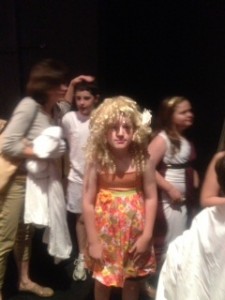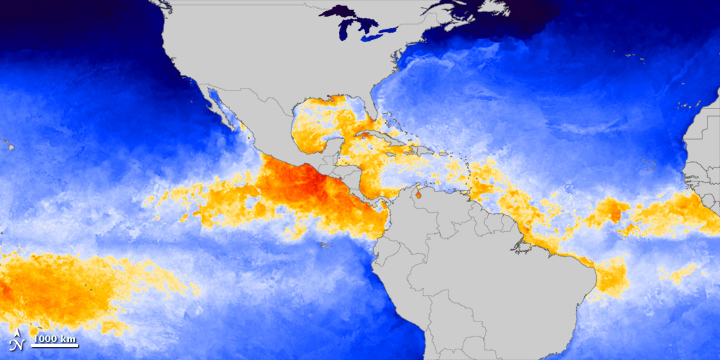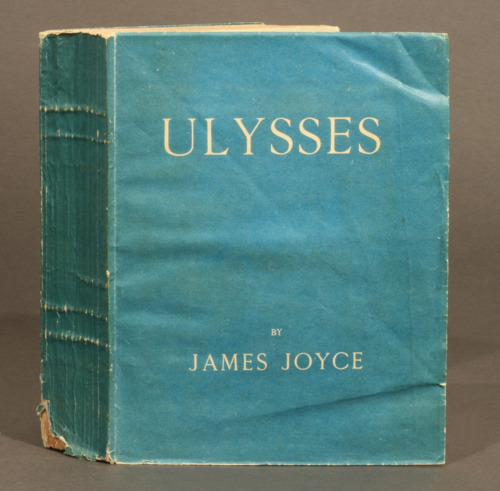
What in water did Bloom, waterlover, drawer of water, watercarrier, returning to the range, admire?
Its universality: its democratic equality and constancy to its nature in seeking its own level: its vastness in the ocean of Mercator’s projection: its unplumbed profundity in the Sundam trench of the Pacific exceeding 8000 fathoms: the restlessness of its waves and surface particles visiting in turn all points of its seaboard: the independence of its units: the variability of states of sea: its hydrostatic quiescence in calm: its hydrokinetic turgidity in neap and spring tides: its sudsidence after devastation: its sterility in the circumpolar icecaps, arctic and antarctic: its climatic and commercial significance: its preponderance of 3 to 1 over the dry land of the globe: its indisputable hegemony extending in square leagues over all the region below the subequatorial of Capricorn: the multisector stability of its primeval basin: its luteofulvous bed: its capacity to dissolve and hold in solution all soluble substances including millions of tons of the most precious metals: its slow erosion of peninsulas and islands…
— Ithaca (17; p549)
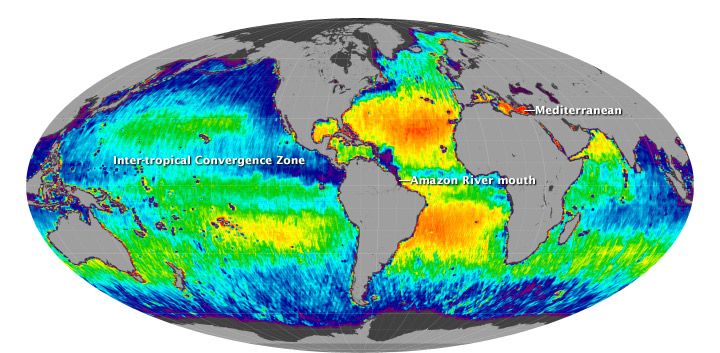
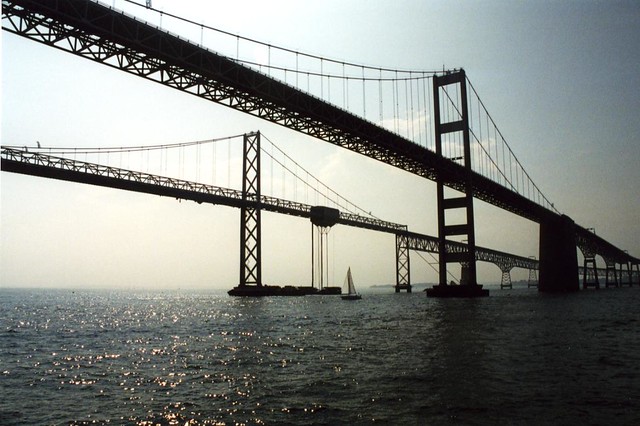


 Conference. I always love going back to Providence — as Ralph Bauer said during his talk yesterday afternoon, every time we one-time fellows walk back to Thayer St it feels like home. The conference itself was an odd and intriguing mix, mostly historians — my panel and Ralph’s were the only sessions chaired by literary scholars, and mine the only one with a substantial proportion of literary rather than historical folks on the panel. The keynotes, by Bernard Bailyn and Rolena Adorno, were really about the history of the JCB and the Brown family since the 18c, and also of the Fellows program since 1962. It’s great stuff to know about, esp. after collaborating with the JCB on the
Conference. I always love going back to Providence — as Ralph Bauer said during his talk yesterday afternoon, every time we one-time fellows walk back to Thayer St it feels like home. The conference itself was an odd and intriguing mix, mostly historians — my panel and Ralph’s were the only sessions chaired by literary scholars, and mine the only one with a substantial proportion of literary rather than historical folks on the panel. The keynotes, by Bernard Bailyn and Rolena Adorno, were really about the history of the JCB and the Brown family since the 18c, and also of the Fellows program since 1962. It’s great stuff to know about, esp. after collaborating with the JCB on the 

